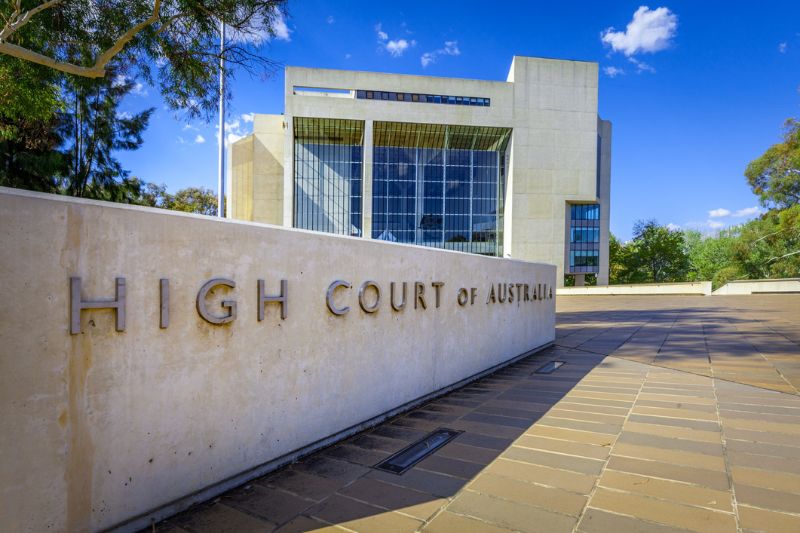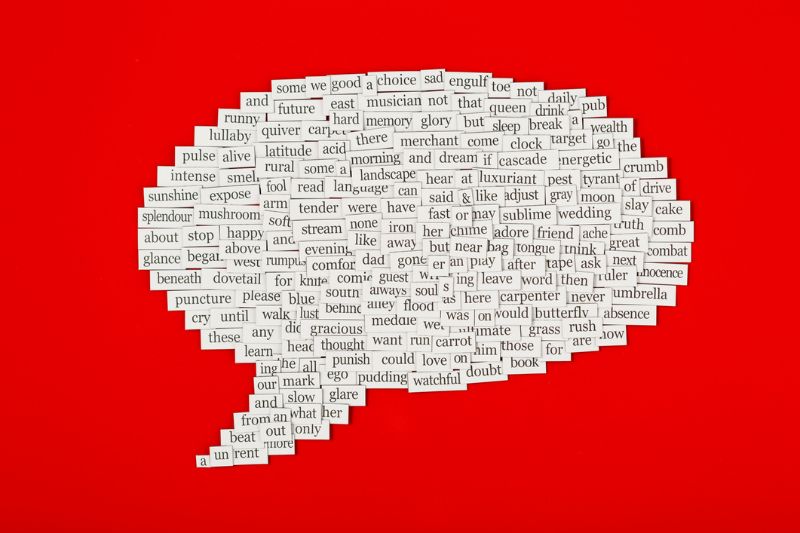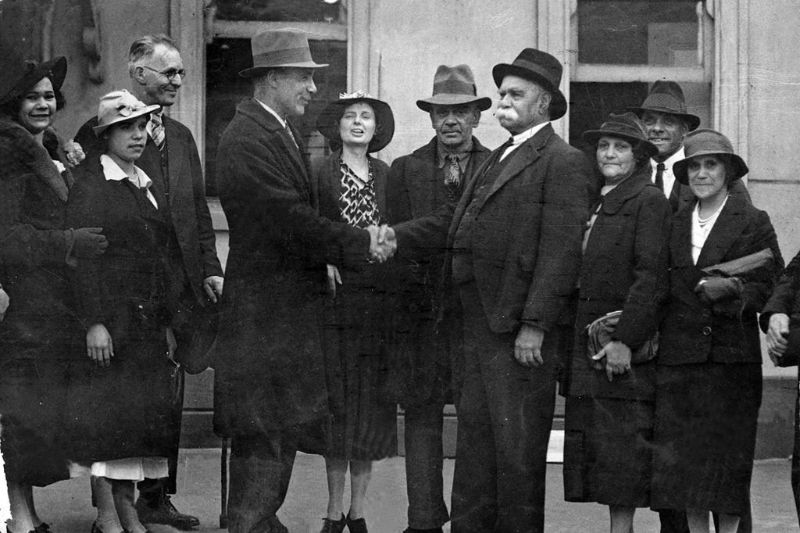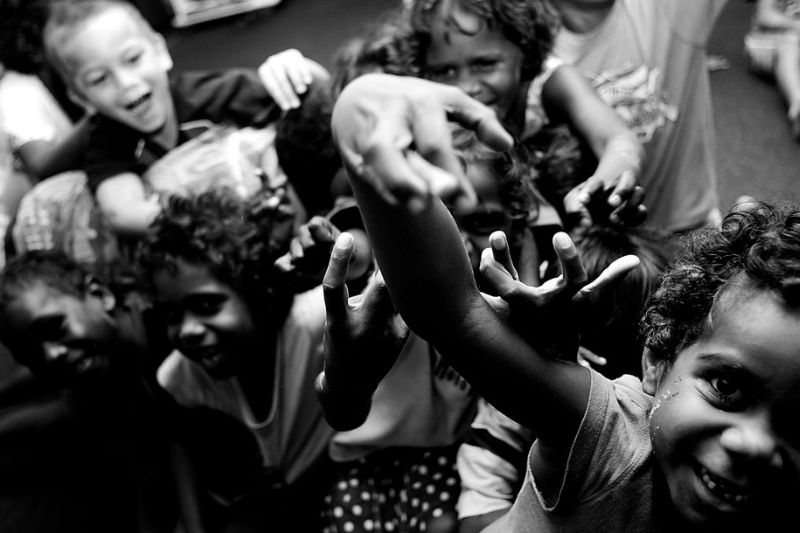Keywords: Parliament Of The World
-

AUSTRALIA
- Michael Jensen
- 19 January 2024
4 Comments
In contrast to the United States, we in Australia ‘don’t do God’, and we rarely acknowledge the religious dimension of our national identity. In an age of declining adherence to the Christian faith, has Australia found a new civil religion? And will it serve us well?
READ MORE 
-

AUSTRALIA
- Kerry Murphy
- 04 January 2024
Throughout recent decades of Australian history, the stance every government has taken on asylum seekers has reflected the shifting political landscapes and challenging humanitarian issues that have continually shaped Australia's response to those seeking refuge.
READ MORE 
-

AUSTRALIA
- David Halliday, Michael McVeigh, Laura Kings, Michele Frankeni, Andrew Hamilton, Julian Butler
- 21 December 2023
10 Comments
To close the year for Eureka Street, the editorial team wanted to nominate who we considered to be the Eureka Street ‘person of the year’ based on this year's newsmakers.
READ MORE
-

AUSTRALIA
- Frank Brennan
- 04 December 2023
8 Comments
Last month, the High Court overturned a controversial 2004 decision, reaffirming the principle that asylum seekers cannot be detained indefinitely without prospects of deportation. This ruling not only corrects a historical misstep but also reasserts the High Court's commitment to limiting executive overreach.
READ MORE
-

AUSTRALIA
- Bill Calcutt
- 10 November 2023
1 Comment
As demonstrated in debates around the Voice, increasingly divergent perceptions of reality affect our dedication to our societal obligations and the upkeep of our shared core values. If left unchecked, this drift away from a shared understanding of the common good will further undermine trust and mutual respect that bind us, challenging the very foundations of a humane, civilised and inclusive society.
READ MORE 
-

AUSTRALIA
- Gillian Bouras
- 25 October 2023
11 Comments
In a world where every politician has something to say, only a select few wield their words well. As we grapple with the failure of the recent Voice referendum, it's worth drawing from these leaders and questioning what truly guides political decisions - morality or self-interest?
READ MORE
-

AUSTRALIA
- David Halliday
- 13 October 2023
This vote will be remembered as an opportunity for Australians to grapple with the injustices of history, and imagine a more just way forward. My hope is that each person voting will have done just that – and whether they vote ‘yes’ or ‘no’, that they are making their vote bearing in mind what they think will best reconcile our nation’s past and look forward to a more just future.
READ MORE
-

AUSTRALIA
- Andrew Hamilton
- 04 October 2023
4 Comments
An examination of school reading lists and libraries unveils striking parallels with the debates and concerns surrounding the Referendum, highlighting the pervasive societal anxieties and the intricate interplay of national identity and values, and the ongoing need for empathy.
READ MORE
-

AUSTRALIA
- Michele Gierck
- 22 September 2023
Can genuine dialogue influence societal change? In discussion with Professor Joe Camilleri, Michele Gierck explores initiatives to achieve productive public discourse, and the transformative power of conversation as our most effective catalyst for global change.
READ MORE 
-

AUSTRALIA
- Andrew Hamilton
- 19 September 2023
In our data-driven age, numbers shape perceptions, often shadowing reality. But should they define our entire understanding? Perhaps it's time to occasionally detach from the numerical deluge and truly value the essence of what and who matter.
READ MORE 
-

AUSTRALIA
- Tony Thompson
- 31 August 2023
In an era where victories are celebrated and mistakes are concealed, the power of the simple phrase 'I am sorry' seems to be vanishing. From personal slights to public gaffes, our society seems increasingly averse to accepting responsibility and offering genuine apologies. But why has this sentiment become so rare, and what does its absence say about the values we hold?
READ MORE
-

AUSTRALIA
- Brian McCoy
- 30 August 2023
16 Comments
The Kimberley region stands as a testament to both the enduring spirit of Australia's Aboriginal communities and the shadows of colonisation. As the Referendum looms, the potential for a united Voice beckons, inviting Australia towards a harmonious future.
READ MORE